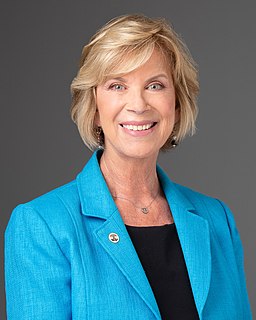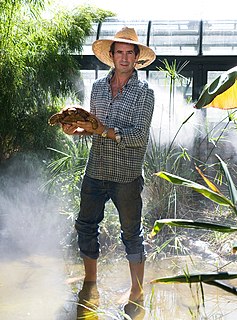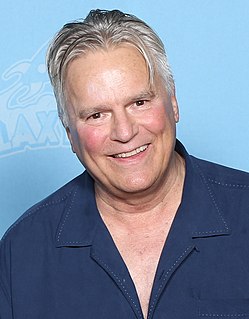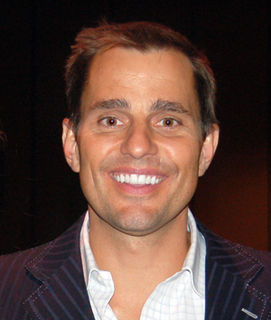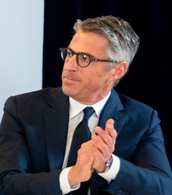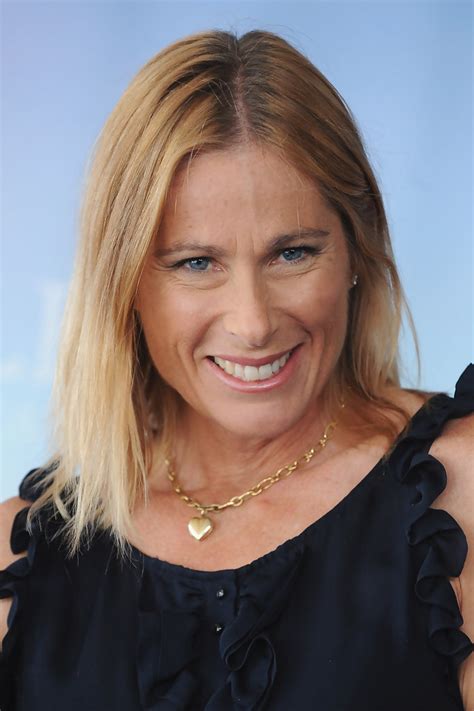A Quote by Janice Hahn
Nobody in the city of Los Angeles knows how to catch an alligator, ... We have no experience in recreation and parks, the zoo or animal control.
Quote Topics
Related Quotes
Unlike accredited zoos like the Bronx Zoo, San Diego Zoo, the Los Angeles Zoo, these are private menageries, and these people are frightened and there is an existential fear that they are going to be shut down by the government, by PETA, by HSUS, by animal rights groups. So they, generally, are very guarded.
The Los Angeles Air Pollution Control Board is established in 1946 in an effort to discover the cause of the brown cloud hanging over the city and decide how to combat and disperse it. In 1949, after intense lobbying from both the automobile and oil industries, and against the recommendations and position of the Los Angeles Air Pollution Control Board, the public rail system, which at one time was the largest in the world, and still serves a majority of the city's population, is decommissioned and torn out. It is replaced by a small fleet of buses.
Sprawl is the American ideal way to develop. I believe that what we're developing in Denver is in no appreciable way different than what we're doing in Los Angeles - did in Los Angeles and are still doing. But I think we have developed the Los Angeles model of city-building, and I think it is unfortunate.
This is one of the last unique things to do in the business of sports, to return the National Football League to the city of Los Angeles. I happen to love the city of Los Angeles; I happen to love the NFL - and to somehow be a part of that, a helper in that process, is something I've always been interested in.
